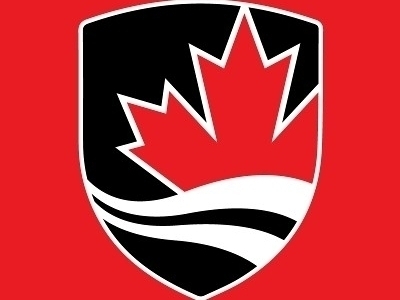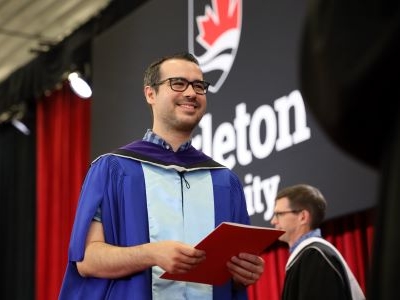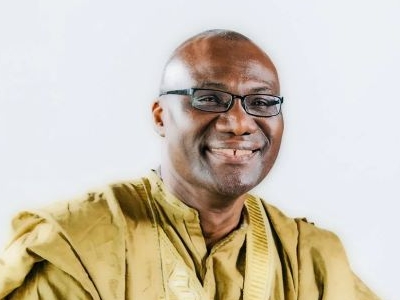On May 18th, PhD student Sarah Davey and Scientist-in-Residence Dr. Richard Ernst showcased their research on Parliament Hill to MPs and others as part of an initiative by Research Matters.
Research Matters, led by the Council of Ontario Universities, is a collaborative project among Ontario’s 21 publicly-assisted universities to build new bridges between university researchers and the broader public.
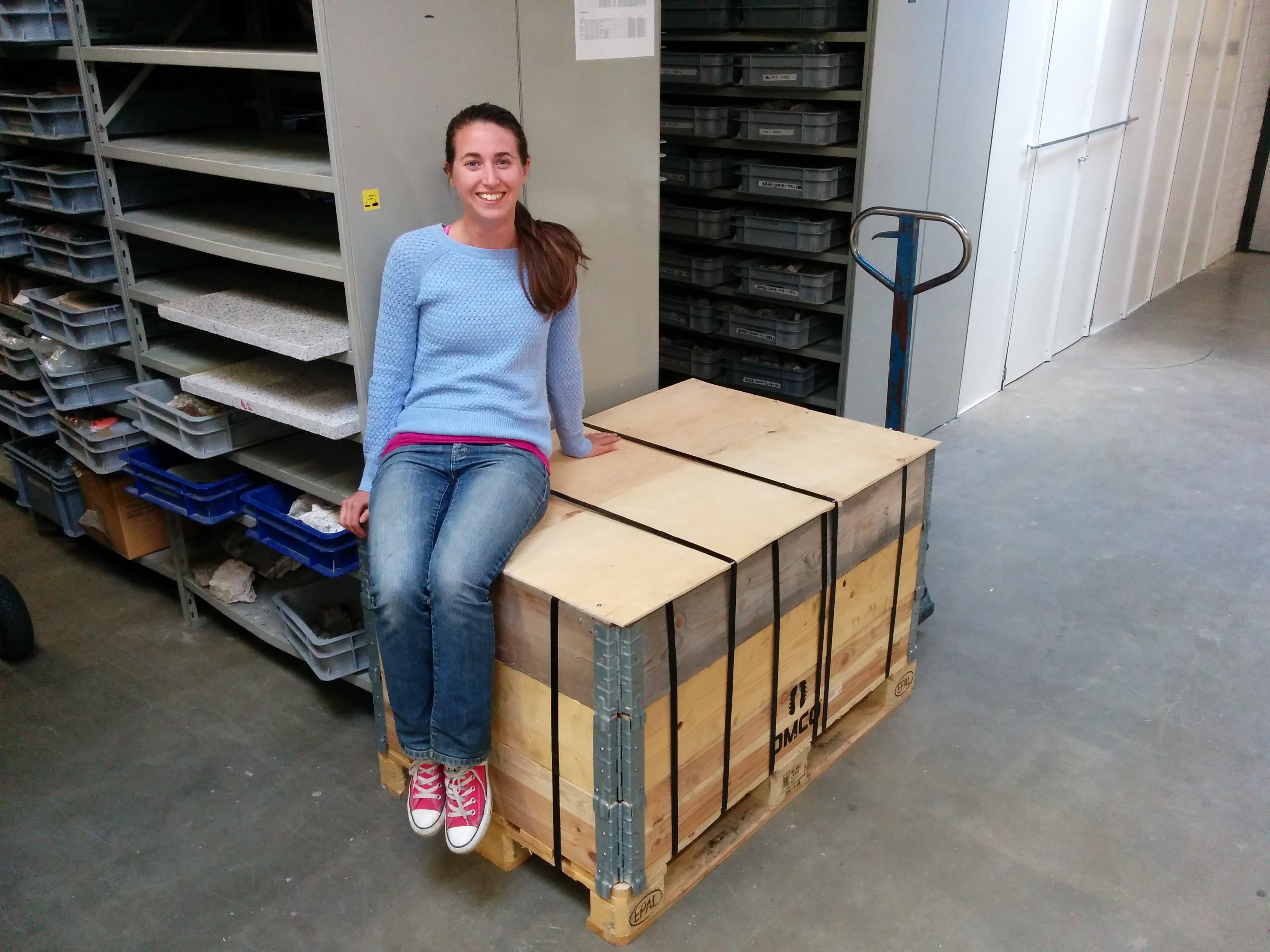
Sarah Davey beside several containers of samples
An Earth Sciences student, Davey studies giant volcanic events in order to reconstruct two billion year old supercontinents. She is looking at how the Superior craton (that includes parts of Quebec, Ontario, and Manitoba) was once adjacent to the Karelia-Kola craton (part of Finland and Russia). A craton is an ancient part of the Earth’s continental crust which has been more or less stable since Precambrian times.
Davey says her research has implications for targeting nickel (Ni), copper (Cu) and platinum group element (PGE) deposits and other economic commodities.
“These elements are important for many modern technologies such as smart phones and satellites” explains Davey. “They are carried to the subsurface, where they can be mined, when magma produced during these giant volcanic events encounter a sulfur-rich rock. The metals in the magma combine with the sulfur to produce heavy minerals that then sink to the bottom of the magma body”.
Continues Davey: “My research is focused on understanding how Earth’s continents have moved around the planet over billions of years, which allows me to pinpoint what rocks might be good hosts for these important mineral deposits.”
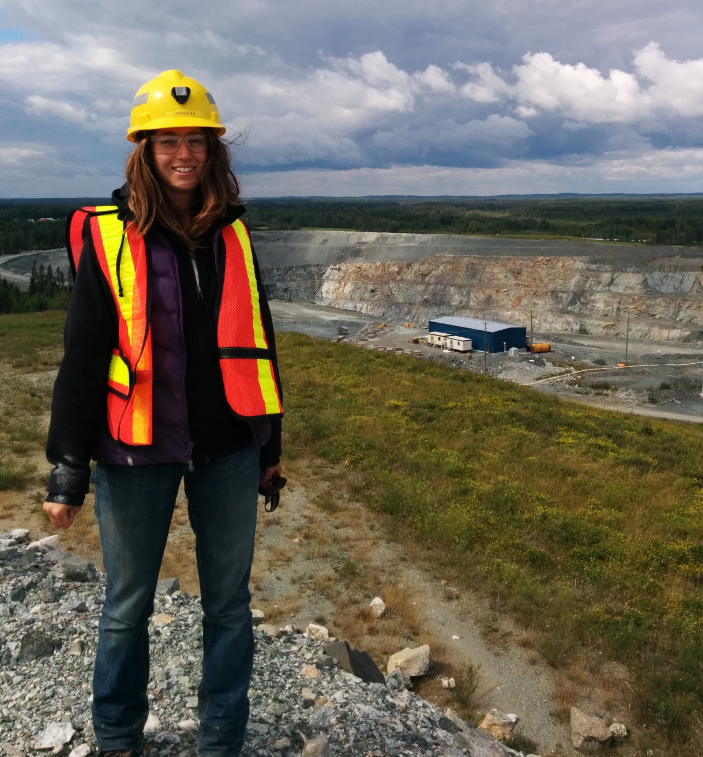
Sarah Davey at a mine near Matheson, Ontario
To conduct their research, Davey and project colleagues went to Finland in 2015. They spent a lot of time working with First Quantum Minerals at its Kevitsa Ni-Cu-PGE deposit, and later with Anglo American at its regional exploration office looking at local drill core. Afterwards, they toured Finnish dykes with scientists at the Geological Survey of Finland.
During their trip, Davey says that they were plagued with a series of flat tires. “We filled the trunk to the brim with rocks and then continued to drive through some very old roads riddled with potholes. Because we were travelling from town to town, we had nowhere to drop off our samples so the trunk got progressively fuller throughout the week. At the end of the week, when we were driving back to our home base in Rovaniemi, we ended up getting three flat tires all at once (after several single flats). We had to stop at the side of a long, mostly uninhabited road. We just so happened to stop in front of someone’s house. Luckily they were home and were able to offer us help to get to the nearest service station.
A week later, when they had another flat, they couldn’t access the spare tire as it was stuck under the frame of the vehicle so they had to wait for the CAA equivalent in Finland to deliver a new car. “I’m pretty amazed they found us because we were out on a dirt road in the middle of nowhere.”
Davey says she first got into this area of research when she met Dr. Ernst during her undergraduate studies. He is the Principal Investigator of a Collaborative Research and Development 5-year Grant through the Natural Sciences and Engineering Research Council (NSERC). The grant is bolstered by co-applicants, including Dr. Brian Cousens from Carleton University, and is further supported by industry sponsors such as Shell Canada Ltd., Anglo American Exploration (Canada) Ltd./ De Beers, Vale Exploration Canada Inc., MMG (Minerals and Metals Group) and Nor-West Rotors Ltd.
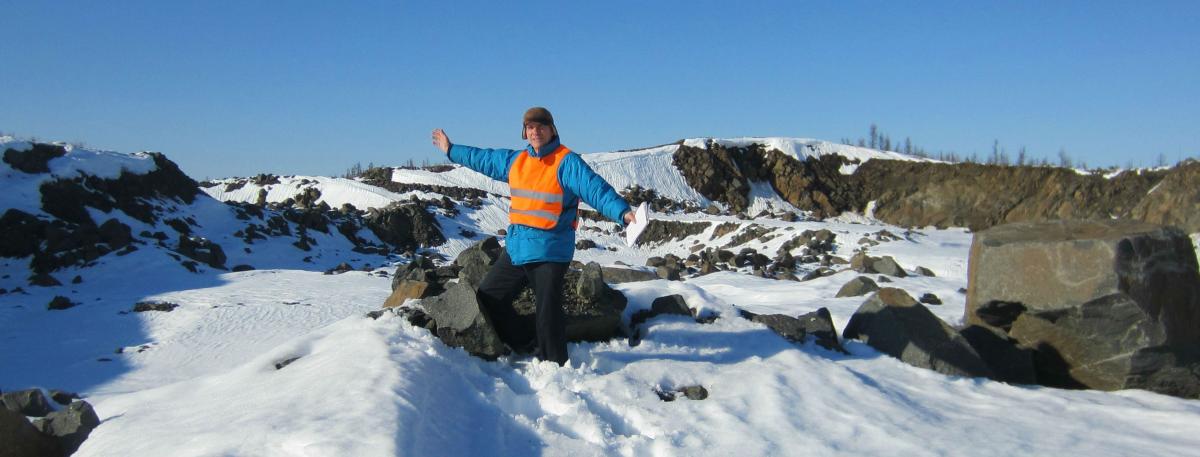
Dr. Richard Ernst conducting field work in northern Siberia
Davey says that Ernst is just one of many passionate researchers with the Earth Sciences Department. She says that this passion is exemplified in the course options at the undergraduate level. “You can take classes ranging from Dinosaurs to Gemology, to field-based courses that visit international destinations. Most recently, we had a group go to New Zealand.”
She adds: “You can also see this enthusiasm highlighted by the graduate students working here. The high calibre and diversity of research being conducted by graduate students and their advisors is something we should be proud of.”
When she graduates, Davey hopes to keep researching in the same area. “There’s still so much to do.”
For more information about what happened on May 18th, click here.
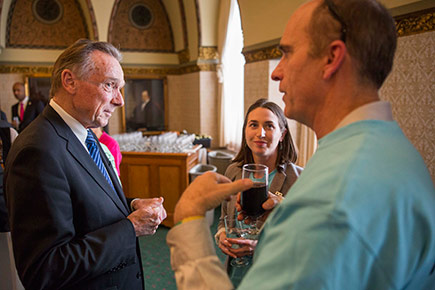
Richard Ernst with Sarah Davey on Parliament Hill
Thursday, May 12, 2016 in Grad Student Research, News
Share: Twitter, Facebook
